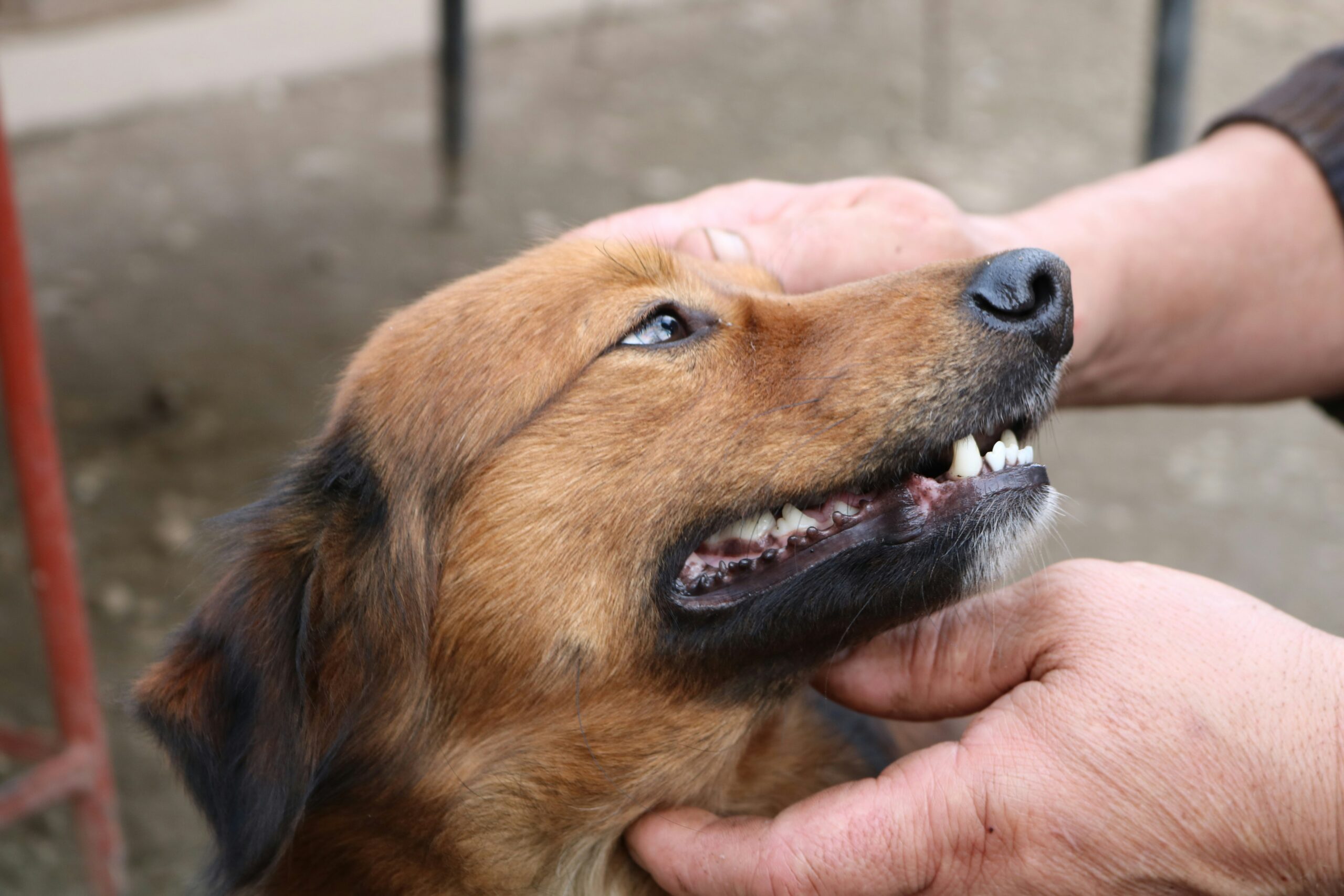Ever felt the panic of realizing your guide dog might need more than just training to stay healthy and ready for the job? Yeah, us too. The harsh truth is that a service animal’s performance is directly tied to both physical health and team dynamics between handler and dog.
This post dives into why team health checkups are non-negotiable in guide dog training—because it’s not just about the dog; it’s about you, too. By the end, you’ll have actionable steps for ensuring peak wellness, killer tips to strengthen your bond, and even an epic rant about why ignoring these checkups is like trusting GPS with no signal.
Table of Contents
- Key Takeaways
- Why Team Health Matters in Guide Dog Training
- Step-by-Step: Scheduling and Conducting Team Health Checkups
- Top Tips for Maintaining Team Wellness
- Real-Life Wins from Consistent Team Health Practices
- Frequently Asked Questions About Team Health Checkups
Key Takeaways
- Regular health exams ensure service dogs can perform at their best physically and mentally.
- A strong handler-dog relationship is vital for success—a healthy “team” boosts both confidence and productivity.
- Prioritizing team health prevents burnout and extends the working life of guide dogs.
Why Team Health Matters in Guide Dog Training
“Imagine this: You’ve trained tirelessly for months, only to find out mid-mission your partner (aka guide dog) has an undiagnosed hip issue slowing them down. Ouch.”
That story comes straight from real handlers who skimped on regular vet visits during intense training phases. And guess what? It wasn’t just the dog suffering—it was the entire pairing.

In guide dog training, the unit isn’t just man and beast—it’s a finely tuned machine where every cog matters. If your dog struggles or you’re emotionally drained, neither party thrives. This is where team health checkups come in—scheduled assessments that address:
- Physical well-being of the dog
- Mental fitness of both handler and pooch
- Communication efficiency between human and canine partners
Step-by-Step: Scheduling and Conducting Team Health Checkups
Let’s dive into how to set up effective team health protocols. Spoiler alert: It involves way more than annual vaccinations.
Step 1: Establish Baseline Metrics
Create a baseline by tracking key markers:
- Dog: Weight, energy levels, mobility tests.
- Handler: Stress management techniques used daily.
![]()
Step 2: Schedule Routine Vet Visits
Aim for quarterly vet appointments tailored to guide dogs’ unique needs—like vision testing or dental cleanings. Fun fact? Bad teeth = bad breath = less focused pup!
Step 3: Incorporate Human-Centered Care
Handlers often forget themselves. Regular mental health breaks and consultations with coaches can prevent compassion fatigue—an actual thing among support animal trainers.
Step 4: Test Communication During Checkups
Run drills while assessing focus levels. Example: Practice navigation tasks post-vet exam when the dog may feel uneasy. Does communication still flow smoothly?
Top Tips for Maintaining Team Wellness
- Terrible Tip Alert: NEVER skip grooming sessions thinking it saves time—it actually increases risks of infections later!
- Sync schedules so both handler and dog get rest days simultaneously.
- Incorporate low-stress activities like swimming for joint care and stress relief.
- Keep snacks handy but healthy—for everyone involved. Yes, humans count.

Real-Life Wins from Consistent Team Health Practices
Meet Sarah K., whose Labrador retriever Max struggled with chronic ear infections early in his career. Thanks to diligent team health checks—and switching to hypoallergenic gear—the pair now volunteers as public speakers advocating for proper pet care strategies nationwide.
“Max went from missing half his shifts due to pain to becoming Employee of the Month,” laughs Sarah. Pro-tip: A happy dog equals a happier you!
Frequently Asked Questions About Team Health Checkups
Q: How often should my guide dog see the vet beyond standard vaccines?
A: Aim for twice-yearly wellness exams at minimum. More if your dog has pre-existing conditions.
Q: What does a handler-focused check involve?
A: Assess sleep patterns, emotional resilience, and ability to manage everyday stressors effectively.
Q: Can nutrition really impact team performance?
Absolutely. Poor diets lead to sluggishness and poor decision-making for all species involved.
Conclusion
There ya go—your guide to mastering team health checkups. Remember: A thriving partnership requires care from both ends. So don’t slack off—schedule those checkups, hydrate, and maybe grab some coffee along the way.
*Optimist You:* “This will be easy!”
*Grumpy You:* “Fine—but remind me again why we didn’t choose cats?”*
Like a Tamagotchi, your SEO strategy demands daily love and care.


